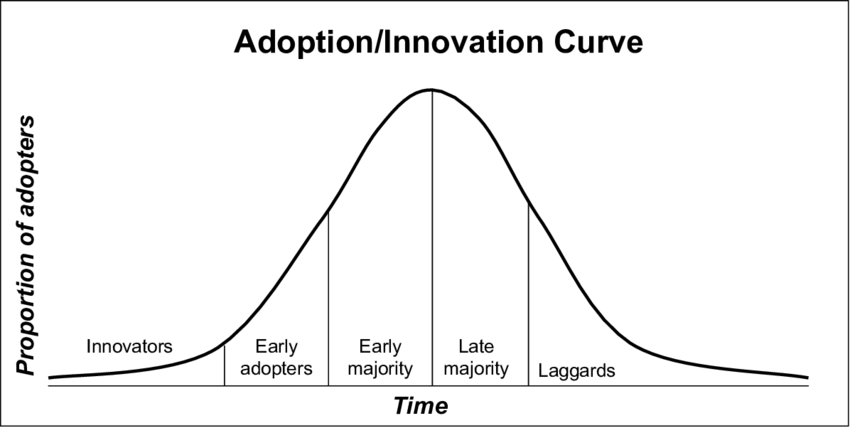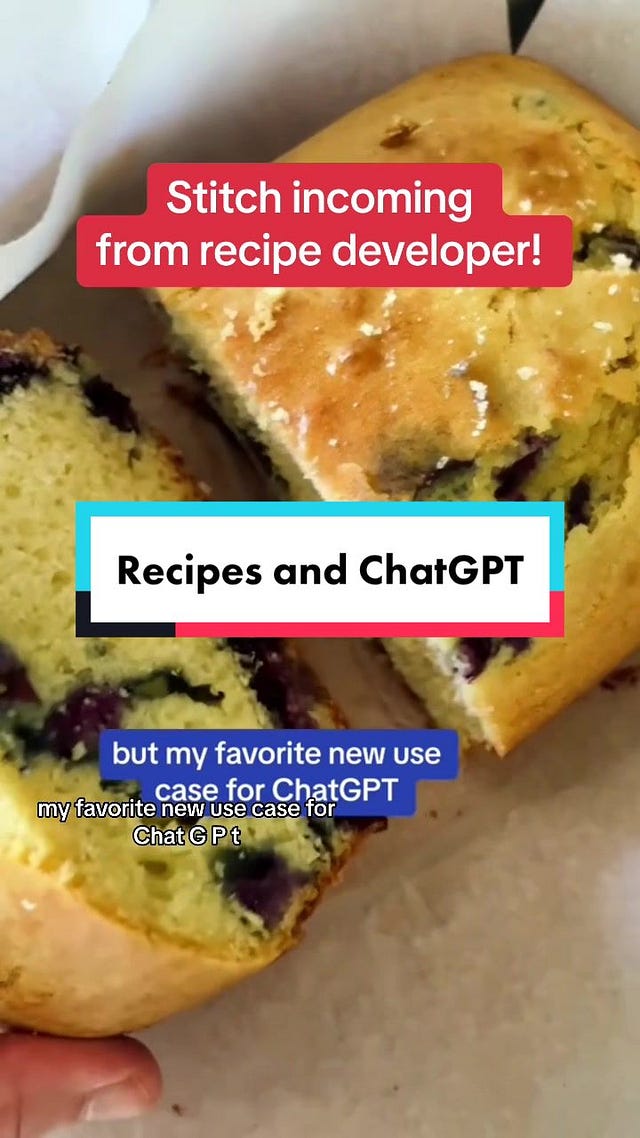If you spend any time on the internet you are likely familiar with the concept of “hot girl summer”.
But over here, I’ve been joking around that I’m having a “Hot AI Summer” - determined to not just learn how to utilize this technology (primarily in its Large Language Model - LLM - format) but to truly understand its implications for everyday life, both now and in the future.

Like many, I didn’t pay much attention to AI (too far-fetched/science fiction-y) until last November when ChatGPT 3 dropped. At the time, I was playing around with starting a small business called “Fayetteville Foragery” - through which I would make and sell holiday wreaths made up of foraged materials from around the Ozarks - and I primarily tinkered with the new technology to help me ideate how to market such a business.


Unfortunately, AI can’t painstakingly weave twigs into spiny grapevine wreath bases, and my scratched-up fingers gave out before any such business could scale. (Maybe next year, if I invest in a good pair of gloves.)
But still, this was the perfect illustration to me of how AI could do some heavy lifting. It wouldn’t remove creative labor from my life - I would need to provide both vision and passion - but it could ease the cognitive load, freeing me up to do the things that only humans can do (well, for now).
Flash forward a few months and I’ve accepted a role to resume teaching college-level marketing classes this fall semester. I’m noodling around on how to incorporate AI into my pedagogy: classroom instruction, in-class activities, even final assessments. A webinar sent by a friend introduced me to the brilliant work of Ethan Mollick, over at One Useful Thing. It appears lots of people are already familiar with Ethan’s work, and I’m late to the game.
One Useful Thing’s archives introduced me to the world of Bing chat (which utilizes ChatGPT4, for free - and expertly integrates with the Microsoft Edge browser, which if you are using Microsoft based apps/sharepoint…. is a complete game changer. Just ask Bing to read the documents on your screen and help you through a difficult Excel analysis if you are unsure if you should be integrating Bing into your routine) and AI image and video creation (one word commentary: scary).
But what if you aren’t a computer worker, and you’re just a person, chilling at home over the summer, with $30 worth of u-pick blueberries and looking for a recipe?
This was the topic of a tiktok I created last week, that raised good questions regarding content, consent, and compensation as it relates to AI.
In a pre-LLM mindset, I would probably head over to Google search, maybe even Pinterest or TikTok, and request results for: “blueberry recipes”. I’d scroll through the results (weighted by an algorithm influenced heavily by optimization keywords and advertising spend), and wade through ad-laden blogposts and hyper-cut videos in search of a recipe, ONLY TO DISCOVER that said recipe contained an ingredient I did not have. I’d be exhausted with the whole idea of baking before even picking up a whisk.
But, thanks to Hot AI Summer, I’m intentionally incorporating AI into everyday life tasks as a practice. So, I asked ChatGPT for a recipe. As you can tell from the above video, I did provide specific direction - as I knew I wanted a muffin-like bread in loaf form. The first recipe provided by AI contained buttermilk, an ingredient I didn’t have on hand. I simply told it: I don’t have buttermilk - can you suggest an alternate recipe? And the AI not only shared a revised recipe but ALSO the helpful tip that a squeeze of lemon juice in milk would create a quick buttermilk substitute. So helpful.
I made the bread mostly as prescribed by ChatGPT, choosing to sub out the suggested butter for oil. It was delicious.
I shared my experience on tiktok alongside the questions this use-case brought up for me:
To which my friend Alison (a proper chef who shares how to reduce food waste) responded:
Alison is correct on every front.
Users of this technology have a role to play in shaping the ethics of AI as it pertains to Intellectual Property (IP) and content credit/compensation - an easy way to do this is to push the AI for a credible source, and a link to that source.
You have to know *enough* about a subject to use an LLM correctly. I made a quick sub for oil over butter because my past (human) experience has taught me that I prefer the texture of oil-based cakes. You, the user of AI, are a curator, and that requires a foundation of past experience.
The benefit of receiving information from a specific source is that “you know or like or TRUST this person”. When we receive information from an LLM, we are receiving a conglomerate of information from disparate sources. Can we truly know, like, or trust an interface?
We’ve talked here in the past about conscious media consumption, and now it’s time to have a conversation about how this might extend to use of AI. It’s becoming more clear to me that passivity in the face of this technological shift is impossible; it’s a force that requires active consideration, and conscious consumption.
I think responsible/ethical/conscious AI (however you want to put it) is going to be both a micro and macro issue; a personal responsibility paired with good policy issue. And when it comes to AI policy, I’m in favor of guardrails that promote both 1) consent and 2) compensation. When an LLM scrapes information, is it doing so fairly? I.e., Is it garnering consent from the content source, and is it compensating the source for the original labor of creation?
Of course, how we define “fairly” as it pertains to AI is wrapped up in all sorts of ethics. Ezra Klein’s ongoing AI series1 has been especially useful for me in considering the broader social nuances of such a technological leap.
On another day, in another substack post, I would like to merge the topic of AI (and its everyday implications) with the idea of social acceleration - a theme often discussed on all-consuming. But for now, I’ll prompt a consideration: in the face of technological advancement, and a subsequent rapid rate of social change, how do you think AI might impact the pace of your everyday life? Or, will it?











